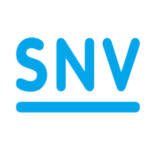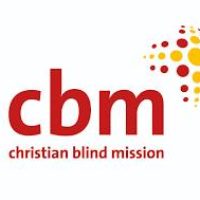- Work with Camp agriculture officers, Camp Agriculture Committees and lead farmers to mobilize and engage farmers through community farmers’ meetings.
- Work with stakeholders including WFP and SNV officers in organizing and conducting training workshops for smallholder farmers on climate-sensitive and sustainable agroecological intensification practices, such as regenerative agriculture techniques and innovative production technologies including post-harvest handling.
- Working with stakeholders in Identifying and executing opportunities for knowledge and technology transfer to smallholder farmers to facilitate the adoption of sustainable agroecological practices.
- Collaborating with partners at the district level, including the District Commissioner, District Education Board Secretary, District Development Coordinating Committees (DDCC), District Agriculture Coordinator(DACOs), traditional leaders, and the local authority and lead farmers to engage the community and disseminate weather information.
- Identifying local value chain actors and private sector companies such as input suppliers, producers, distributors, offtakes, and processors for promoting collaboration with local farmers.
- Working with WFP and SNV Monitoring and evaluating Specialists to monitor field activities within the framework of the ELSAM project.
- Collaborating with the District Education Board Secretary (DEBS) and schools to implement school feeding programs and working with schools and health centres to implement sensitization activities on nutrition.
- In collaboration with Financial inclusion specialists from WFP and SNV, participate in organizing and implementing financial inclusion training and the formation the savings groups using the Savings for Change model.
- Facilitating partnerships with input suppliers and service providers to ensure smallholder farmers have access to affordable and high-quality productive inputs and services, while also promoting the use of Markets and the digital platform “MAANO” to provide farmers with access to information and resources.
- Working with communities to establish private sector-led aggregation networks to facilitate collective bargaining and access to larger markets for smallholder farmers.
- Conducting training and workshops for smallholder farmers on utilizing digital tools and participating in private sector-led aggregation networks to improve their market access and understanding of equitable market practices.
Qualifications
Minimum Bachelors in areas in agriculture, agribusiness, rural development, or related field. Proficiency in Microsoft Office applications. 4+ years of demonstratable relevant experience.
Must be a Registered Member of the Agriculture Institute of Zambia with A Valid Member Certificate.
Valid Motorcycle license ‘‘Class A’’ issued by the Road Transport and Safety Agency, Knowledge of first aid, a clean cycling record, physical fitness, knowledge of traffic laws and prior cycling experience.









